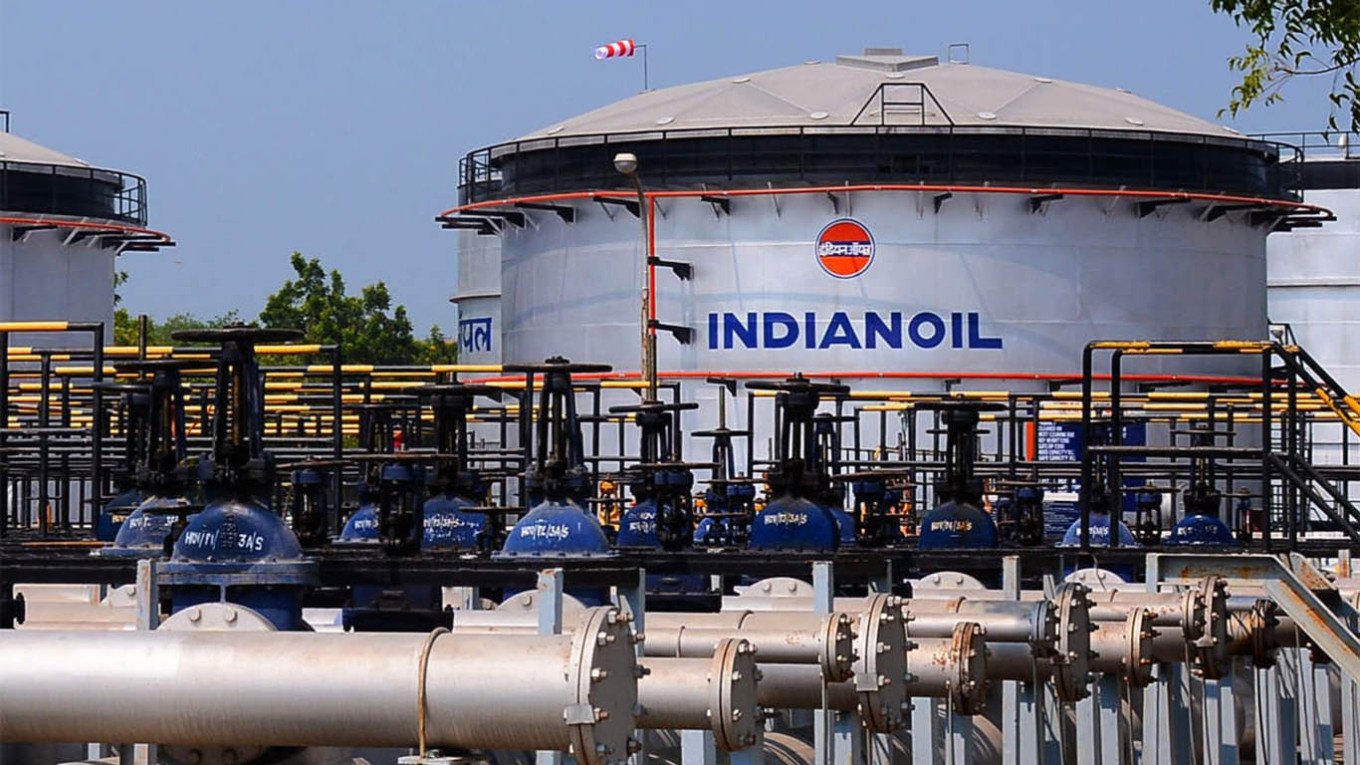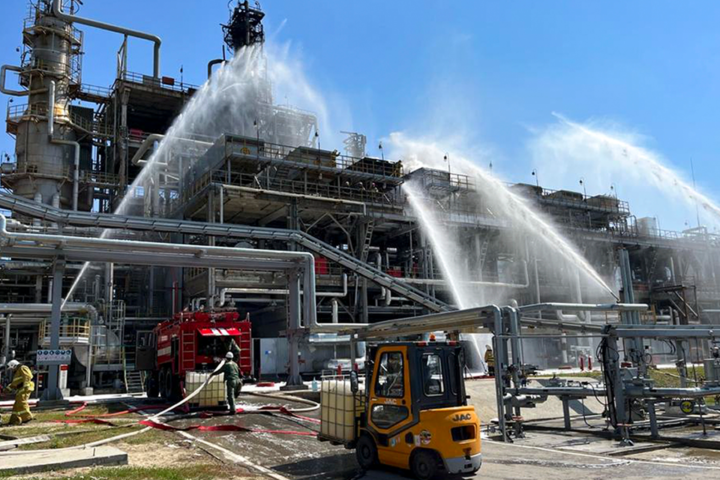India’s state-owned oil refiners have suspended purchases of Russian crude and petroleum products, marking a major shift in global energy flows and dealing a potential blow to Moscow’s war-fueled revenues.
Trump’s sanctions threat prompts sudden policy shift
According to a Reuters report, Indian government officials and executives at four major state-run refiners — Indian Oil Corp, Hindustan Petroleum, Bharat Petroleum, and Mangalore Refinery & Petrochemical — paused imports of Russian oil in the third week of July. The decision came after former US President Donald Trump vowed to impose 100% tariffs on countries continuing large-scale purchases of Russian crude.
India, the world’s third-largest oil importer, had become the top maritime buyer of Russian crude after Moscow’s full-scale invasion of Ukraine. For months, New Delhi profited by buying discounted Russian oil, processing it, and reselling refined products at a markup — a strategy that significantly boosted the Indian budget. However, the threat of secondary US sanctions appears to have tipped the balance.
Russian oil to be replaced by Middle Eastern and African grades
Refiners will now turn to alternative suppliers, mainly sourcing Murban crude from Abu Dhabi and blends from West Africa, according to industry sources cited by Reuters. While no formal announcement has been made regarding private refiners like Reliance Industries and Nayara Energy, state-owned plants — which account for over 60% of India’s refining capacity (5.2 million barrels per day) — have effectively halted Russian imports.
This policy shift follows multiple diplomatic exchanges between US President Joe Biden and Indian Prime Minister Narendra Modi, during which Washington urged India to align with Western democracies and reduce its dependence on Russian energy. Modi had previously pledged cooperation, but action only materialized after Trump’s ultimatum signaled potential economic retaliation.
Strategic blow to Kremlin’s oil revenues
India’s decision represents a serious economic setback for Russia, whose budget remains heavily reliant on hydrocarbon exports. Before the 2022 invasion of Ukraine, oil and gas accounted for over 40% of Russia’s federal revenue — a figure that has since grown due to Western sanctions slashing non-energy exports. In 2022 alone, Moscow earned more than $300 billion from energy sales.
Profits from these exports enable the Kremlin to fund its war in Ukraine, purchase Iranian drones, North Korean missiles, and Chinese dual-use components, as well as finance occupation administrations and military salaries. Beyond the battlefield, these revenues fuel Russia’s global hybrid warfare operations — including cyberattacks, targeted killings, sabotage, and disruptions of undersea infrastructure.
By reducing access to key energy markets like India, the West is not only undermining the financial lifeline of Putin’s regime but also challenging the broader geopolitical machinery that relies on oil money to sustain internal stability, suppress dissent, and export destabilization abroad.
Oil leverage undercuts Moscow’s regional influence
Russia’s ability to maintain domestic political control and project power across post-Soviet regions is closely tied to its energy windfall. Oil revenues fund public subsidies and federal transfers that hold the vast and often fractious Russian Federation together. They also support the Kremlin’s authoritarian model by enabling selective economic patronage and shielding elites from social unrest.
With India stepping back from Russian crude, the signal is clear: Western pressure — when applied with strategic precision — can reshape global energy alignments and reduce the Kremlin’s capacity to wage aggressive campaigns and finance repression at home and abroad.










